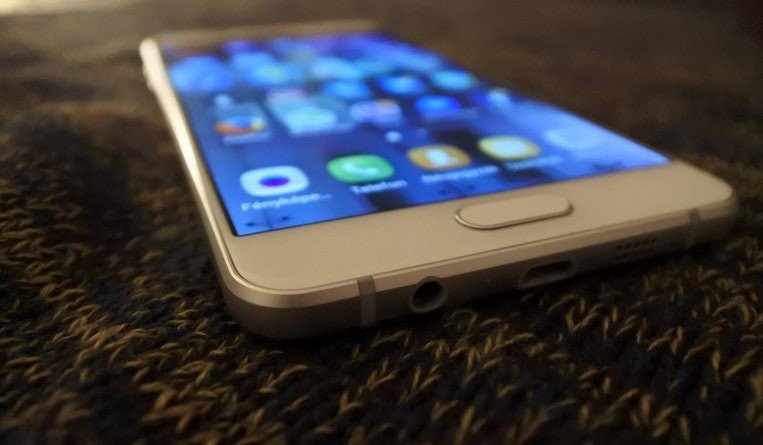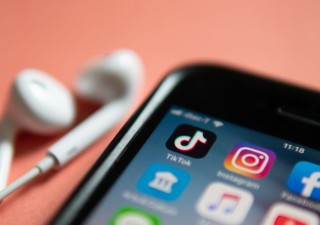US Supreme Court hears arguments via conference call
13 May 2020

Is this the new normal for lawyers and justices?
On May 4, 2020 at 10 am EDT, the US Supreme Court heard oral arguments via telephone for the first time in its 231 years of existence. Not only that. An audience composed of people from all over the world listened to the proceedings as well which were streamed live. This was another first for the SC.
The justices themselves were all over – some called in from their offices at the court while the rest joined them from their homes.
The case in point was Booking.com v. the USPTO. The issue in contention was whether the globally popular travel website can trademark its name.
One of the points argued was delivered by Erica Ross, attorney for the USPTO. According to Ross, the travel website cannot trademark its name since “Booking” is a generic word to which “.com” is added.
Ross cited an 1888 case where the Supreme Court decided that a generic term followed by “Company” or “Inc.” and any such word cannot be registered as a trademark.
"Your client would not object to the registration of any trademark that simply made a slight variation in Booking.com?" Justice Samuel Alito asked Lisa Blatt, attorney for Booking.com.
"They don't and have not and would not," said Blatt. But if the company did not incorporate any variation into the trademark, it would be theft, she said.
A marked difference from courtroom proceedings lay in the order of questioning among the justices. It was done according to seniority. Chief Justice John Roberts who announced the case at the start of the teleconference asked the first questions. Next was Justice Clarence Thomas who had not fielded a question in court in over a year. Justice Brett Kavanaugh who joined the SC in 2018 was the last to ask.
The teleconference went on smoothly in general with only minor issues. These included Ross failing to respond immediately when called to begin her rebuttal. The same thing happened when it was time for Justice Sonia Sotomayor to question the lawyers. There was also a slight problem with Justice Stephen Breyer’s line.
The arguments lasted about one hour and 15 minutes. Courtroom sessions were allowed only an hour.
The SC justices are set to hear 10 more cases by teleconference this month. Among these are the cases involving President Donald Trump’s financial records and Obamacare’s contraception coverage requirements.
With reports from the Associated Press and npr.org
Espie Angelica A. de Leon






